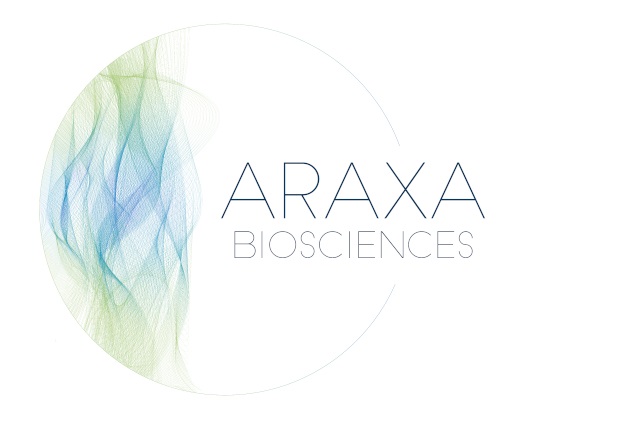
Antibody engineering for therapy and diagnosis
The new EMBL spinoff company Araxa Biosciences GmbH aims to set new standards for the development of antibody-based therapeutics and diagnostics.

A proprietary protein engineering technology platform developed at EMBL paves new ways for the development of highly specific antibody-drug conjugates (ADC) or radioimmunotherapeutics (RIT). Founded by EMBL together with its technology transfer arm EMBLEM and current active investor Xlife Sciences AG (m:access: XLS) the spinoff company Araxa Biosciences, will apply the platform to offer protein engineering for medical, research and biomaterial applications.
There are still a high number of diseases which are lacking treatment and/or diagnostics options. Protein-based drugs, like ADCs or RITs, show great potential in the fight against cancer. Their advantage over the typical small molecules lies in the high biologic specificity, which not only helps to enhance the effect on the cancer cells, but also leads to reduced side effects. Targeted chemical modification of antibodies, to improve their effectiveness and other aspects, is one of the most promising but also most demanding areas of development in modern biotechnology.
Many common methods for the production of protein-small molecule conjugates suffer from drawbacks such as bulky modifications, restriction of the modification site, complex and inefficient procedures, or batch-to-batch variety.
“Araxa’s proprietary protein engineering platform overcomes these limitations by combining the concepts of genetic code expansion and bioorthogonal click chemistry. The technology allows for the labelling of antibodies with any probe in an ultrafast as well as quantitative manner,” explains ARAXA’s CSO Edward A. Lemke.
The main goal of the company is to further develop the technology platform, which addresses the limitations of the current methods. The core of the approach is the targeted, site-specific integration of so called unnatural amino acids in monoclonal antibodies through genetic code expansion. These unnatural amino acids can subsequently be linked to active substances or radioisotopes via a bioorthogonal click chemistry reaction. In the future direct coupling even in patients might become possible.
“Araxa will offer its technology to partners with interesting targets and envisions at a later stage to also pursue its own product pipeline,” said Dr. Gerhard Keilhauer, CEO.
The modular concept of Araxa’s platform allows for the independent exchange of antibodies or modifications. The company will initially be established as an antibody engineering service provider for the biotech and pharmaceutical industry.
“EMBL’s solid patent portfolio around the protein engineering platform developed by Edward Lemke and his team puts Araxa on a solid footing for competitive developments in this field. Araxa now has a strong basis to expand the technology and make it broadly available in diverse markets,” said Jürgen Bauer, Deputy Managing Director of EMBLEM.
This Article was originally publised on the webpage of EMBLEM.


